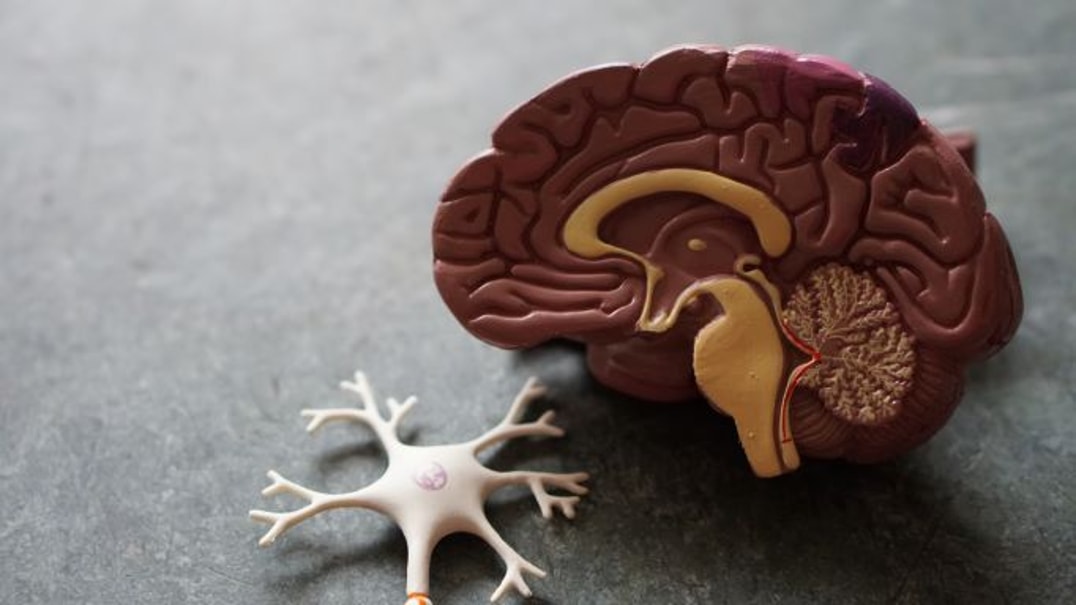Why is it important to preserve brain health? In MS, the science tells us that even though we may not see relapses and disability until later, nerve damage can be accumulating over time. To help keep your brain healthy, it’s necessary to be as proactive as possible in the way you manage and monitor your MS, and respond when you think you may be experiencing changes. Brain Health: a guide for people with multiple sclerosis is an international resource to promote healthy brains for people with MS, outlines some practical strategies on how to do this.
Get the earliest possible referral and diagnosis
Ask for prompt referral to an MS specialist clinic or to a neurologist (preferably to one with a special interest in MS) if MS is suspected, and stay in touch with your health care team for ongoing monitoring if you do not receive a diagnosis straight away.
Obtain early treatment with a disease modifying therapy (DMT), when appropriate
In many people, starting treatment with a DMT early (if appropriate) is associated with better long-term outcomes. Fortunately, there are several different options available for MS treatment, and having options helps individuals choose the right treatment at the right time on their journey.
Understanding all the treatment options can be complicated, so it’s best ask your health care team whether it’s appropriate to start treatment with a DMT, and to explain to you what options they think would suit you best and what these mean for you in the short and long term.
Different DMTs act on the body in different ways and each is associated with a particular set of benefits and possible side effects, and it’s not unusual for people with MS to have been on different treatments at different times of their lives.
Live a brain-healthy lifestyle and manage other health conditions
To keep your brain healthy, it’s important to live a brain-healthy lifestyle. Keeping physically active (in any way you can), keeping your mind active, watching how much alcohol you drink and keeping your weight under control are just some of the lifestyle factors that help keep your brain (and body) healthy.
Creating new healthy habits and changing behaviours can take a bit of work, but it’s worth it for your brain health. It’s much harder to do on your own, so gathering up a supportive team around you makes a real difference.
Have a plan to monitor your condition and to switch therapy if your treatment is not working
Monitoring and sharing a full picture of your health with your health care team is key to maximising lifelong brain health. For some people, this can be challenging and there are a number of ways you can monitor. It’s good to speak to your team about options.
One way is to have regular MRI scans and clinical assessments and ensure that you feel well informed of the results. If you feel that your current DMT is not working, it’s also ok to ask whether it’s appropriate to switch to another one.
The most important person in your MS strategy is you - stay informed and be part of the decision-making with your health care team
A great way to empower yourself in this regard is by preparing for appointments. It may be helpful to make some notes about topics you would like to discuss beforehand, bring a friend/family member to your appointment, or take some photos on your phone to prompt you.
You should feel able to talk about your values, needs, limitations, lifestyle, treatment goals and the likely course of your MS with your health care team. It may help to have a few people in your team to talk about different things with different people.
Posted: Jan 2022


